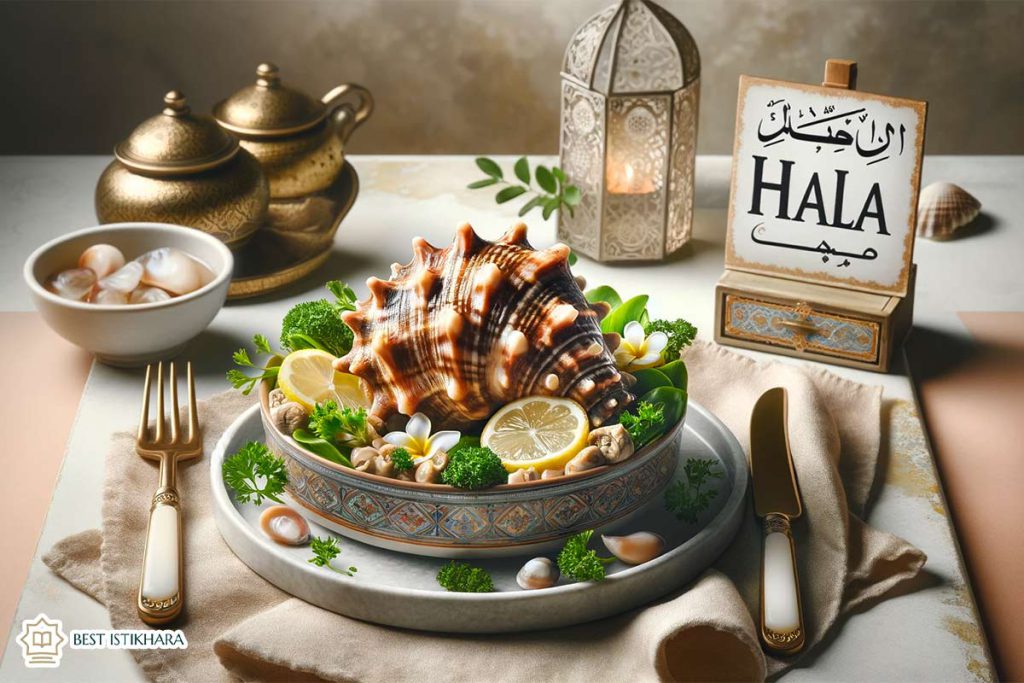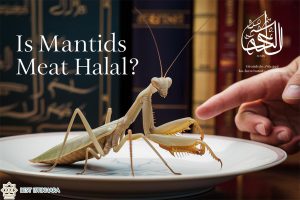Is Conch Meat Halal?

Conch meat, a delicacy enjoyed in various coastal cuisines around the world, often raises questions about its permissibility in Islamic dietary laws. As Muslims adhere to specific guidelines to ensure their food is halal, understanding whether conch meat fits these criteria is essential. This article delves into the Islamic perspective on conch meat, exploring its classification, the religious texts and scholarly opinions that influence its status, and practical considerations for those looking to include this unique seafood in their diet. Whether you are curious about conch meat’s halal status for personal reasons or academic interest, this comprehensive guide aims to provide clear and detailed insights. Click to get more information about halal vs haram topics discussed in today’s world.
Is Conch Meat Permissible for Muslims?
The permissibility of conch meat for Muslims hinges on Islamic dietary laws derived from the Quran and Hadith. In Islam, seafood is generally considered halal unless explicitly prohibited. Conch, being a sea creature, falls under this category. However, opinions among scholars can vary based on the interpretation of religious texts.
The primary criterion for seafood to be halal is that it must come from water and be alive when caught. Since conch lives in the sea, it meets this requirement. Additionally, there is no specific prohibition against eating conch in Islamic scriptures. Some scholars reference general permissibility of all sea animals, supporting the view that conch is halal.
Yet, cultural and regional practices might influence individual beliefs. It is always advisable for Muslims to consult local religious authorities or scholars to align their dietary practices with their faith. Ensuring the conch is sourced and prepared according to halal standards is also crucial.
Islamic Dietary Guidelines for Seafood
Islamic dietary guidelines, based on the Quran and Hadith, generally classify all seafood as halal. This broad permissibility includes fish and other sea creatures, provided they are not harmful or poisonous. The key factor is that the seafood must be alive when caught and must come from water. Scholars often reference Surah Al-Ma’idah (5:96) which states, “Lawful to you is the game from the sea and its food as provision for you and the travelers.” This verse underlines the general acceptance of sea animals in the Islamic diet. However, interpretations can differ. Some scholars adhere strictly to the types of fish traditionally consumed in Muslim-majority regions, while others are more inclusive. For conch meat to be halal, it must not be mixed with haram substances during preparation, ensuring adherence to Islamic principles.
What Islamic Scholars Say About Conch Meat
Islamic scholars have differing opinions on the permissibility of conch meat. The majority consensus aligns with the general Islamic dietary laws that permit all sea creatures unless explicitly forbidden. Scholars who support the consumption of conch meat often reference Quranic verses and Hadith that broadly categorize seafood as halal.
For instance, many scholars cite Surah Al-Ma’idah (5:96), which allows the consumption of “the game from the sea and its food.” This verse is interpreted as a clear indication of the permissibility of all sea creatures, including conch. Additionally, Hadith literature suggests that the Prophet Muhammad (peace be upon him) permitted the consumption of seafood, reinforcing this perspective.
However, some scholars emphasize caution, suggesting that specific types of seafood unfamiliar to traditional Islamic culture should be examined individually. These scholars recommend consulting local religious authorities for personalized guidance. Overall, the majority view supports conch meat as halal, provided it is prepared according to Islamic dietary laws.
Differing Interpretations Among Islamic Jurisdictions
Different Islamic jurisdictions may have varying interpretations regarding the consumption of conch meat. In regions with established traditions of eating diverse seafood, scholars are more likely to declare conch meat as halal without reservation. Conversely, in areas where such practices are less common, religious authorities might take a more conservative approach.
For example, scholars in the Maliki school of thought tend to be more permissive, allowing the consumption of most sea creatures. On the other hand, scholars from the Hanafi school might exercise more caution, scrutinizing less common seafood more thoroughly. These differing interpretations highlight the importance of seeking local religious guidance to ensure adherence to halal dietary principles.
Conclusion
Conch meat is generally considered halal in Islam, supported by Quranic verses and Hadith. While most scholars agree on its permissibility, interpretations can vary by region. Muslims should consult local religious authorities to ensure conch meat is sourced and prepared according to halal standards. Overall, the majority view supports its halal status, but personal guidance is recommended for clarity.






